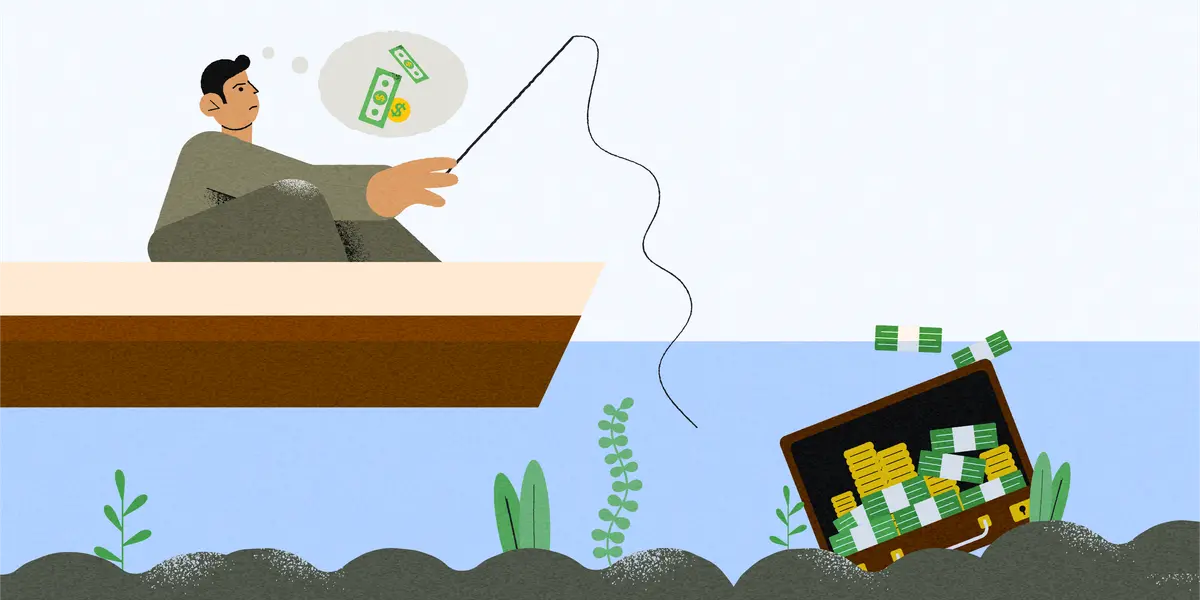Taking the first step toward financial recovery by attending a credit counseling session can be both reassuring and intimidating. If you've never been to one before, you may be wondering what to expect from your first credit counseling meeting. This session is designed to help you gain a clearer understanding of your financial situation and explore potential solutions for debt management. By preparing yourself and knowing what to anticipate, you can make the most of the experience and take meaningful steps toward financial stability.
The Purpose of Credit Counseling
Credit counseling services exist to provide individuals with professional guidance on handling financial challenges. These services, often offered by non-profit organizations, aim to educate and assist people in managing debt, improving credit scores, and establishing long-term financial goals. Whether you are dealing with overwhelming credit card bills, struggling with loan payments, or simply seeking better financial habits, a credit counseling session can offer clarity and direction.
Gathering Essential Financial Information
Before attending your first session, it is crucial to collect all relevant financial documents. Counselors rely on this information to assess your situation accurately and offer tailored advice. Documents you should bring include:
- Recent pay stubs or income records
- Credit card and loan statements
- Utility bills and housing expenses
- Bank statements and tax returns
- A breakdown of your monthly expenses, including food, transportation, and insurance costs
Having these documents on hand allows your counselor to analyze your financial condition and provide meaningful recommendations.
The Initial Financial Assessment
At the beginning of your session, the credit counselor will ask a series of questions to evaluate your financial standing. This assessment will cover aspects such as:
- Your total income and sources of revenue
- The amount and types of debts you owe
- Monthly expenses and spending patterns
- Any current payment plans or financial commitments
This stage is essential because it lays the foundation for a customized plan to address your financial concerns. Your counselor will listen carefully, ensuring they fully understand your financial habits and obligations before suggesting a course of action.
Exploring Debt Management Strategies
Once your financial situation is fully assessed, the counselor will present various strategies that could help you regain control over your finances. Depending on your specific circumstances, they may discuss:
Budget Planning
One of the key elements of credit counseling is learning how to create a practical budget. Your counselor will help you design a budget that prioritizes essential expenses, reduces unnecessary spending, and ensures you have enough to make consistent debt payments.
Debt Consolidation Options
If you have multiple high-interest debts, your counselor may discuss debt consolidation as a possible solution. This strategy involves combining various debts into a single, lower-interest payment to simplify repayment and reduce overall interest costs.
Debt Management Plans (DMPs)
For individuals with significant unsecured debt, enrolling in a Debt Management Plan (DMP) may be beneficial. With this approach, your counselor works with creditors to negotiate lower interest rates, eliminate late fees, and consolidate multiple payments into one manageable monthly amount.
Debt Settlement and Negotiation
If your financial situation is dire, your counselor may explore debt settlement options. This process involves negotiating with creditors to reduce the overall balance owed. While this can provide financial relief, it may also impact your credit score temporarily.
Bankruptcy Counseling
In cases where bankruptcy is a viable option, your counselor will explain its implications and help you understand the process. They can also provide the required pre-filing counseling session if you decide to move forward with bankruptcy proceedings.
Financial Education and Planning for the Future
Credit counseling is not just about resolving immediate debt problems—it also equips you with long-term financial knowledge. Your counselor will provide insights on:
- Building and maintaining a strong credit score
- Avoiding predatory lending and high-interest loans
- Developing smart spending habits
- Saving for emergencies and future financial goals
By applying these lessons, you can create a more secure financial future and prevent future debt problems from arising.
Creating a Personalized Action Plan
Toward the end of your session, your credit counselor will outline a detailed action plan tailored to your financial situation. This may include steps such as:
- Setting realistic debt repayment goals
- Establishing a structured savings plan
- Monitoring credit reports regularly
- Finding ways to increase income or reduce expenses
Your counselor may also schedule follow-up meetings to track your progress and adjust your financial plan as needed. Staying committed to this plan can help you gradually regain financial stability.
What Happens After the First Meeting
After your initial session, you will receive a summary of everything discussed, including recommended steps to improve your financial health. If you enroll in a Debt Management Plan or any other program, your counselor will guide you through the next steps and payment instructions.
Maintaining open communication with your counselor is essential, especially if you encounter challenges. Regular follow-ups may be scheduled to ensure you stay on track and continue making progress toward your financial goals.
How Credit Counseling Affects Your Credit Score
One common concern people have about credit counseling is whether it will impact their credit score. Simply attending a credit counseling session does not affect your score, as these consultations are not reported to credit bureaus. However, if you enroll in a Debt Management Plan, creditors may report the plan to credit agencies. While this may slightly impact your credit initially, successfully completing a DMP can ultimately improve your score by helping you pay off debt efficiently.
Selecting a Reputable Credit Counseling Agency
Choosing the right credit counseling agency is crucial to receiving legitimate and effective assistance. When selecting a provider, consider the following factors:
- Ensure the agency is accredited by reputable organizations such as the National Foundation for Credit Counseling (NFCC) or the Financial Counseling Association of America (FCAA).
- Verify that the agency operates as a non-profit and is transparent about any fees.
- Read reviews from previous clients to assess the agency’s reputation.
- Confirm that the counselors are certified professionals with experience in financial education and debt management.
Taking the time to research and select a trustworthy agency ensures you receive the best possible guidance for your financial situation.
Debunking Common Misconceptions About Credit Counseling
Many people hesitate to seek credit counseling due to misconceptions about how the process works. Some common myths include:
- Credit counseling is only for people who are bankrupt. In reality, anyone looking to improve their financial health can benefit from credit counseling.
- All credit counseling agencies are the same. Different agencies offer varying levels of service, so researching your options is important.
- Credit counseling ruins your credit. While some debt management programs may have temporary effects, they ultimately help you build better financial habits and improve your credit over time.
- It is expensive. Many non-profit agencies provide free or low-cost services to those in need.
Conclusion
Knowing what to expect from your first credit counseling meeting can help you feel more prepared and confident. This session is an opportunity to gain valuable financial insights, explore debt management strategies, and work toward long-term financial stability. By taking proactive steps, following the recommendations of your counselor, and committing to your action plan, you can set yourself on a path to financial success. Seeking credit counseling is a responsible decision that can lead to greater financial freedom and a more secure future.

